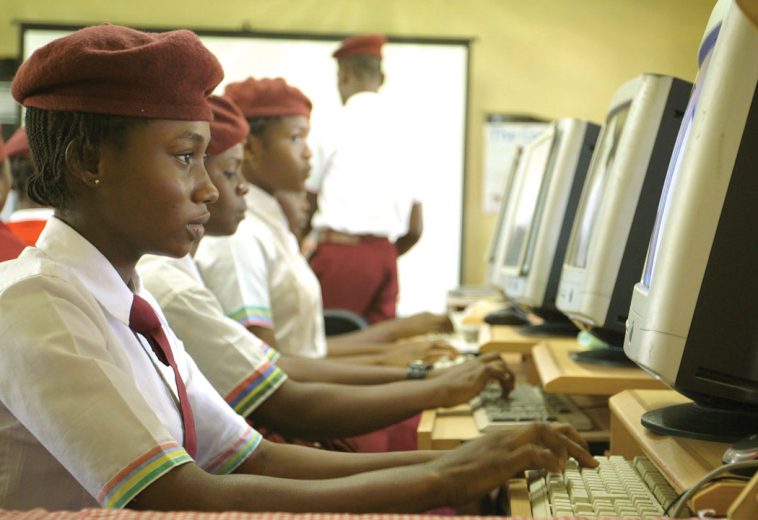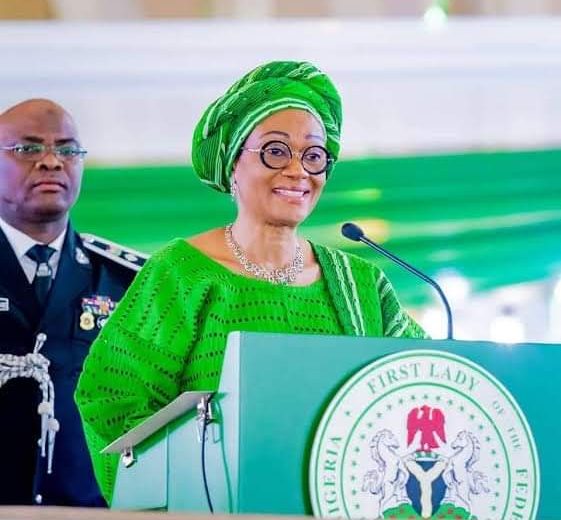The economic condition of a nation profoundly influences its citizens’ livelihoods, and Senegal, an African nation, has faced challenges in economic growth for years. However, President Macky Sall’s tenure presented an opportunity for economic revival, driven by his visionary reforms and unwavering commitment to transforming Senegal’s economy.
President Macky Sall’s emphasis on infrastructure, business environment, and social protection has marked a significant turning point for Senegal’s economic renaissance. This article evaluates his reforms and economic agenda, which are crucial for the nation’s growth and sustainability.
Senegal, situated in West Africa and bordered by Guinea, Guinea-Bissau, Mauritania, and Mali, has been a stable unitary presidential republic since 1960. Under President Macky Sall, who assumed office in 2012, Senegal embarked on a journey towards economic reform.
Inheriting economic difficulties, President Macky Sall laid out an expansive plan in 2014 aimed at enhancing citizens’ lives, attracting foreign investment, and fostering development for long-term economic progress.
The introduction of the Plan for Emerging Senegal (PES) in 2014 marked a pivotal moment in the nation’s economic development. This plan, focused on human capital advancement through governance and infrastructure, became a cornerstone of Senegal’s economic reforms under President Sall.
President Macky Sall’s reforms and economic agenda have ushered in an economic revival in Senegal. The implementation of various policies and reforms aimed at promoting growth, reducing poverty, and boosting investor confidence has been instrumental.
The strategy’s primary objectives revolve around creating conditions for emergence, encouraging private initiative, fostering investment, job creation, and social inclusion. It also aims to reduce inequality, encourage regional development, and ensure stability and rights’ protection.
Under Sall’s leadership, Senegal has witnessed significant infrastructure development as outlined in the “Emerging Senegal Plan.” Projects like the Blaise Diagne International Airport and the Dakar-Diamniadio Toll Highway underscore Sall’s commitment to a more efficient and interconnected Senegal.
Macky Sall’s economic plan prioritises inclusive growth and social development. Programmemes focused on poverty reduction, healthcare, education, and support for vulnerable populations, such as the National Programme for Family Security (PNSF) and the National Health Insurance Scheme (NHI), reflect this commitment.
To diversify Senegal’s economy, Sall’s administration focused on the digital economy, supporting SMEs, and investing in renewable energy, moving away from traditional sectors like agriculture and fishing.
Improvements in food security, rural development initiatives, and initiatives like the National Agency for the Promotion of Investment and Major Works (APIX) have streamlined the business environment and encouraged private sector investment.
Despite notable achievements in renewable energy and infrastructure, challenges like youth unemployment and project delays persist. However, President Macky Sall’s tenure so far has brought about transformative economic progress, propelling Senegal towards sustained growth.
President Macky Sall’s leadership undeniably signifies a new era of economic prosperity for Senegal. Through targeted reforms, Senegal is experiencing a revival in economic growth, laying the groundwork for a more robust and sustainable future, despite the challenges that remain.


